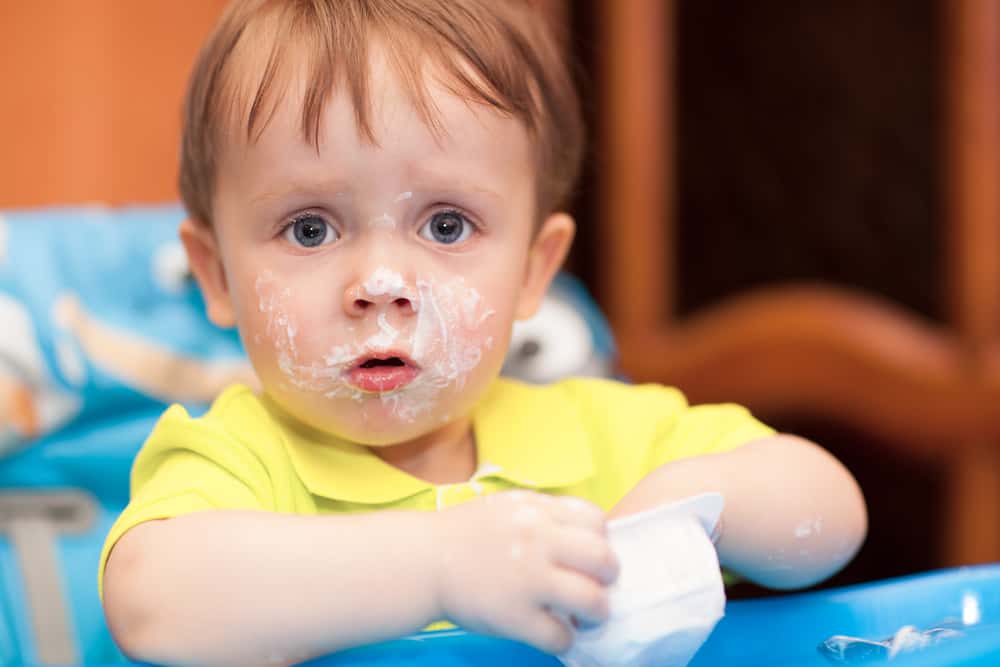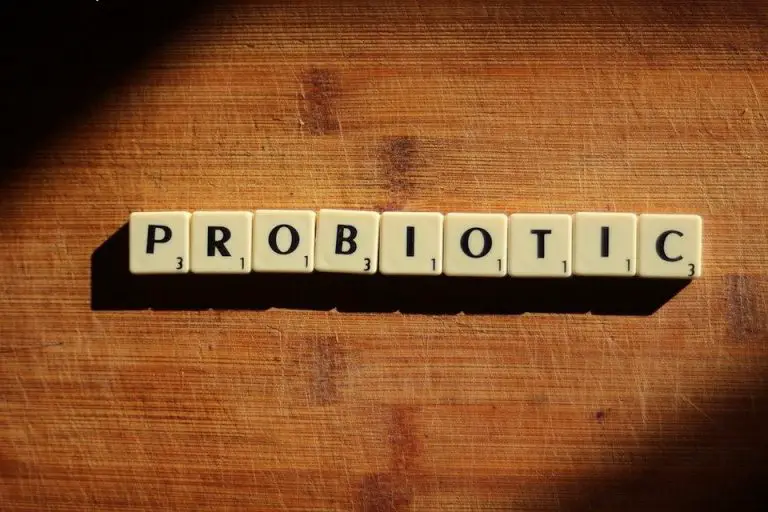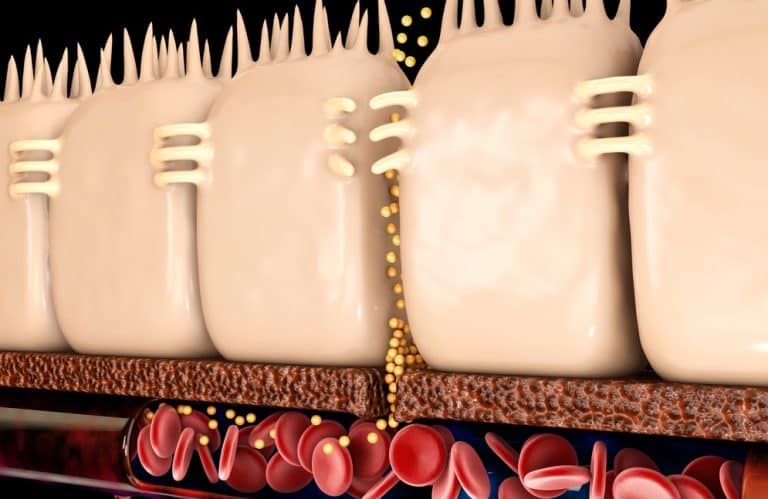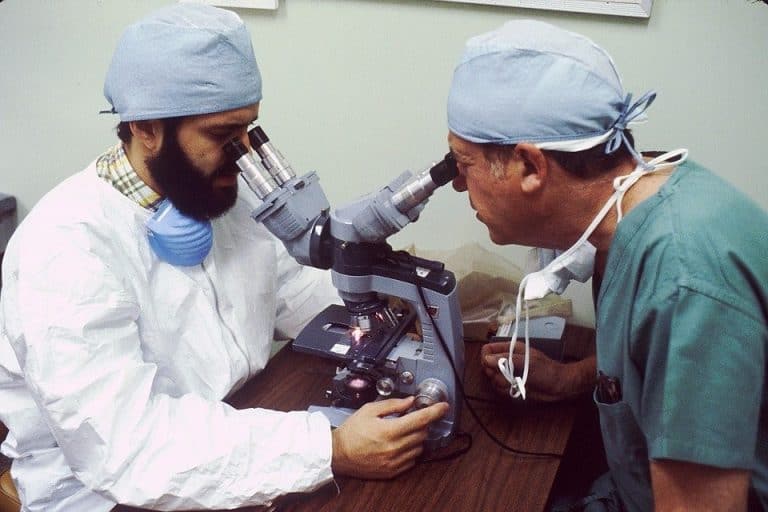Benefits of Probiotics for Toddlers and the Best Strains to Look For
You may be hesitant about using probiotics for your toddler. Especially if he’s usually healthy, why rock the boat, right? However, your toddler’s collection of microorganisms began to develop in the womb. They solidify in infancy and into early childhood.
The good bacteria in your toddler’s body help it in digesting food and synthesizing vitamins. They initiate the development of the mucosal defense system in the intestines. This network is responsible for fighting off disease and infection. Research shows links between a strong immune system and a healthy gastrointestinal tract.
Various conditions, including autoimmune diseases, Type 1 diabetes, asthma, and allergies, are linked to problems in that defense system, so it makes sense to give it a chance to grow strong. Having an unbalanced defense system can affect your toddler when he is young and throughout his life. Most diseases are connected in one way or another to the collection of microorganisms in your child’s body.
The more good bacteria your toddler has in his body, the better his overall health will be. Immunity to disease is one of the most compelling reasons why many pediatricians recommend that toddlers take probiotics.
In fact, a three-month study in the Pediatrics journal shows that preschoolers who attended daycare in Mexico City and who took probiotics daily had fewer episodes of diarrhea and respiratory infections than children who were given a placebo.
Some pediatricians believe that probiotics also show promise in treating eczema, asthma, allergies, constipation, irritable bowel syndrome (IBS), and colic. Probiotics could even be helpful when it’s time for potty training because it helps things “move along,” in addition to relaxing the GI tract.
Are Probiotics Safe for Toddlers?
Whether your child picks up a gastrointestinal problem, an ear infection, or a sore throat, it may well require antibiotics. These work great to kill off gut bacteria-related infections, but they kill the good bacteria right along with the bad boys. This often leads to diarrhea. Yuck, right? Like your toddler wasn’t uncomfortable already.
One effective way to counteract the loss of good bacteria is by using probiotics. Research has been shown to reduce diarrhea caused by antibiotics by a whopping 75%. This is just one of the reasons why pediatricians recommend probiotics for their young patients on antibiotics.
But it’s not just diarrhea that probiotics are helpful for. Antibiotics are known to disrupt gut flora at any age, but they could be particularly disruptive at an early age. A recent Greek study found that giving antibiotics to toddlers could alter their metabolism and increase their risk of developing pre-diabetes.
Since antibiotics are often unavoidable, it’s a smart idea to supplement with probiotics to restore gut flora. And there’s no reason not to, especially since probiotics are toddler-safe, according to a recent study, just as probiotics are safe for most healthy adults.
If your child is not sick, some pediatricians may not recommend probiotics. It’s characteristic of the old “if it’s not broken, don’t fix it” theory of medication, and the lack of a recommendation doesn’t mean probiotics wouldn’t be helpful.
Probiotics do more than help your child recover from a bout of diarrhea or restore gut flora after a round of antibiotics. By helping to maintain a positive balance of good and bad gut bacteria in the digestive tract, probiotics have a huge range of beneficial and protective effects on already healthy children, such as increasing nutrient absorption from foods, protecting against cavities, and even reducing the risk of brain disorders.
What Are the Proper Probiotic Doses for Toddlers?
Even though probiotics are widely seen as safe for toddlers, it can be difficult to determine the proper dose. Modern probiotic mixtures for children get rid of the guesswork since they list the proper dosage for the age of the child to whom they are being given.
If your toddler has diarrhea from a rotavirus-type infection, 5-10 billion live lactobacillus bacteria are often used. Other diarrhea types may be treated with 10-100 billion bacteria. Ask your pediatrician if you’re confused since that’s a wide disparity of dosage amounts.
Doses of 6 billion liver probiotics are usually quite effective in preventing diarrhea in toddlers. Probiotics that include Bifidobacterium and Lactobacillus acidophilus are also used to prevent respiratory infections, which is especially useful if your toddler is in daycare.
Which Probiotic Strains Are Best for Toddlers?
Reading through ingredients lists and unsure of which bacterial strains are most beneficial for your toddler? There are so many different types of probiotics, and it can all get a little overwhelming.
Here’s a roundup of some of the most beneficial probiotic strains for toddlers!
Lactobacillus species
The Lactobacillus species include a huge range of beneficial bacteria like L. acidophilus, L. rhamnosus, L. casei, L. Plantarum, and L. gasseri and are the most studied and possibly the most vital species of probiotics.
So it’s a small wonder that these probiotics are the ones found in the greatest abundance in healthy mother’s milk. In case you’re wondering which Lactobacillus probiotics would be best for toddlers – look for a diverse combination of Lactobacillus strains for general gut health, nutrient absorption, and immunity.
Each strain has a slightly different function, so combining multiple beneficial strains creates a synergistic effect.
Lactobacillus species that deserve special mention:
Lactobacillus acidophilus
L. acidophilus and other strains have been studied for various conditions. This probiotic strain is especially useful in relieving stomach upset, reducing the chance of childhood eczema, and lowering the risk of allergies to pollen. It enhances your child’s immune system and improves tolerance to lactose in toddlers who are lactose intolerant.
L. acidophilus replaces friendly bacteria in the intestines that are destroyed any time your child takes antibiotics and suppresses bacteria that cause disease.
Lactobacillus rhamnosus
This probiotic may help boost your toddler’s immune system. This means that it will be better able to fight health problems like diarrhea and maintain the health of the digestive system. It can also aid in reducing the risk that your child will pick up lung infections while he’s at daycare.
Lactobacillus reuteri
L. reuteri probiotics have shown positive results in children. In a recent study, scientists discovered that giving children five drops of L. reuteri was therapeutic for acute children’s rotavirus diarrhea. It’s also been proven effective treatment against infant colic, with babies given L. reuteri showing a 50% decrease in time spent crying.
And the benefits go beyond diarrhea and colic – L. reuteri has also been shown to be the only probiotic strain to kill Streptococcus mutans, a bacterium responsible for tooth decay.
Bifidobacteria Species
There’s a range of Bifidobacteria probiotic strains, including B. bifidum, B. longum, B. infantis, and B. lactis, and they’re thought to be particularly important probiotics for toddlers. They assist your child’s immune system, allowing it to develop appropriately. Your toddler may develop food allergies if he has a lack of Bifidobacteria in his system.
In one study, pregnant women, babies, and children were supplemented with Bifidobacteria, and it was able to prevent the development of allergic eczema.
Saccharomyces boulardii
This is a friendly strain of yeast. A study was used in determining that this strain is helpful for toddlers with diarrhea. It can usually be taken with food or without. Just be sure that you don’t mix it in any carbonated beverages or hot foods. Most brands of S. boulardii are suitable for toddlers over the age of two months. Read the packaging to be sure.
S. boulardii helps in recovering energy levels for toddlers and promotes the vital absorption of vitamins & nutrients that your child needs to remain healthy. It also promotes good intestinal health.
Should Children Eat Probiotic Foods?
Since many studies suggest that probiotics are good for children, you may also want to make sure to include probiotic foods (fermented food) into their diet as well as the supplement.
However, you must keep in mind that your child’s gut microbiome will not be fully developed yet, so probiotics may not have as much of an effect as you would hope.
When possible, make sure your child is getting as many probiotics as possible through the foods they eat. Also, discuss adding a probiotic supplement to their diet with their pediatrician. Your pediatrician can help determine if it is a safe and viable option for your toddler.
In the meantime, change up snack time for your toddler and introduce them to a few probiotic-rich and healthy options to promote a more diverse microbiome and healthy bacteria.
- Yogurt with live cultures or active cultures
- Flavored Kefir like mango, strawberry, or blueberry to hide the sour flavor
- Pickles – you can even try pickling your own cucumbers at home with your child
- Buttermilk – delicious biscuits and pancakes
- Cheese with live and active cultures like gouda, mozzarella, and cheddar cheese
- Green peas – also a great source of fiber, protein, and Vitamins A, C, B6, and K, magnesium, and folate
- Sourdough bread – slather on some grass-fed butter, and it makes a tasty breakfast
The American Academy of Pediatrics (AAP) says that probiotics are likely safe, but it hasn’t entirely been proven how effective they can be for toddlers and what the long-term effects may be. They also are not regulated by the Food and Drug Administration either. So, when you choose a probiotic supplement for your child, make sure you know what you are giving them.
FAQ
You may still have questions when it comes to probiotics for toddlers. If so, read on for more valuable information.
What are the benefits of probiotics for toddlers and kids?
Probiotics replenish the good bacteria in our gut and promote improved digestion and immune system function. They are also especially helpful for constipation and diarrhea, which are common ailments children experience, especially during potty training. The right probiotics for toddlers can help relieve constipation, colic, and acid reflux in infants and children while also preventing secondary infections and diarrhea in children taking antibiotics.
Can you give your toddler probiotics while on antibiotics?
Research has shown that probiotics can help prevent antibiotic-related diarrhea in children. So, for this reason, many pediatricians recommend that your child take a probiotic when they are on antibiotics to avoid digestive issues.
What are the best types of probiotics for toddlers?
When choosing the best probiotic bacteria for your toddler, consider what is in it. Some probiotics for kids contain dairy, gluten, and other common allergens. You also want to try to find a supplement that is sugar-free and contains no fillers, so you give your child the best and healthiest bacteria possible for digestive health.
Culturelle Kids, for example, is a probiotic ideal for children one-year-old and older and is good for their still-developing immune systems. They come in packets that can be added to their applesauce or mixed in with their milk, making it easy for them to take.
At what age should you start giving your child vitamins?
Experts say that it might be best to wait until your child is at least four years old before you start giving them a multivitamin unless your pediatrician says otherwise. Vitamins may be essential if your toddler can’t stomach the idea of eating more than two bites of any green vegetable on their plate.
Disclaimer: While our team of medical expert writers makes every effort to convey the correct, relevant, and most up-to-date information, you should never disregard advice given to you by your medical practitioner or delay seeking medical assistance because of something you have read on Gutsify or received in correspondence from Gutsify. Please refer to our Terms and Conditions.









